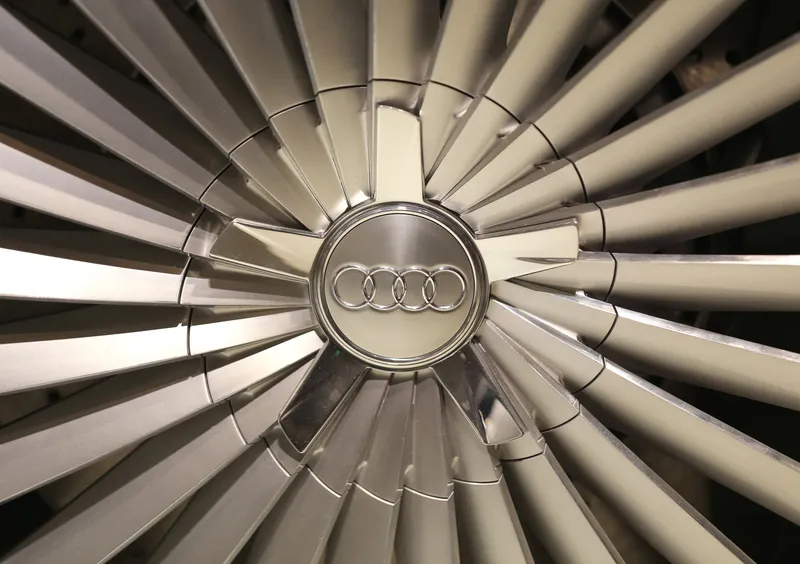
The four-year ConVeX C-V2X (Cellular Vehicle to Everything) connected vehicle (CV) trial has ended successfully, according to the project’s automotive and telecommunications partners.
ConVeX set up a testbed for the first field trials of 3GPP LTE Release 14 C-V2X to validate its performance and feasibility. The project consortium consists of multi-disciplinary organisations led by Qualcomm with Audi, Ericsson, Swarco Traffic Systems and the University of Kaiserslautern.
The conclusion is “that C-V2X technology is a reliable and high-performing solution for cooperative ITS”, said the partners in a joint press release.
The trial, started in December 2016, was based upon third generation partnership project C-V2X direct and network-based complementary technologies for CVs and intelligent transportation systems.
The tests were designed to provide further evidence of the complementary nature of short-range direct and cellular wide-range communication with C-V2X and achieved results demonstrating the reliability and performance of the V2X technology, the partners say.
“With ConVeX we added C-V2X to our traffic infrastructure portfolio for connected, cooperative and automated driving,” said Michael Schuch, a board member of Swarco.
“C-V2X became a fully-accepted building block in our traffic management solutions. It will become a key element in traffic infrastructure communications to make travel safer, quicker, more convenient and environmentally sound.”
The ConVeX C-V2X trial was funded by the German Ministry of Transportation and Digital Infrastructure through its programme Automated and Connected Driving on Digital Test Fields in Germany.






